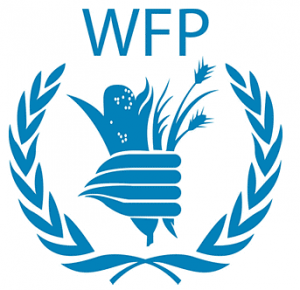World Food Programme educates northern farmers on aflatoxins
 The World Food Programme (WFP) has trained a total of 576 farmers from six districts in the Northern Region on the prevention of aflatoxins and conservation of agriculture to improve on their farming activities and increase their yield.
The World Food Programme (WFP) has trained a total of 576 farmers from six districts in the Northern Region on the prevention of aflatoxins and conservation of agriculture to improve on their farming activities and increase their yield.
The training was under the auspices of the WFP’s Purchase for Progress (P4P) initiative for Smallholder Farmer Organisations.
Aflatoxins are poisonous substances produced by fungi that contaminate food, especially cereals like maize, groundnuts, rice, among others.
The beneficiary districts include Kumbungu, Tolon, Sagnerigu and the Tamale Metropolis.
They learned effective post-harvest practices and have been supported to acquire equipment such as semi-mechanized parboiling containers, improved energy-saving stoves and grain moisture content meters among other necessities.
Ms Abebe Hankore, the Head of WFP Tamale Sub-office, speaking at the training programme in Tamale, said the WFP had worked with partners to provide extensive training in technical, business, and organisational development to 26 participating smallholder farmer organisations in the Northern and Ashanti regions.
She said the WFP had purchased 5,000 metric tonnes of maize and rice valued at $2 million from the farmer groups, adding that the feedback they received showed that the training had positive impact on farmers.
Ms Hankore explained that conservation agriculture aims at achieving sustainable and profitable agriculture through minimal soil disturbance, permanent organic soil cover, and crop rotations, which could be used in all agricultural landscapes.
Source: GNA
